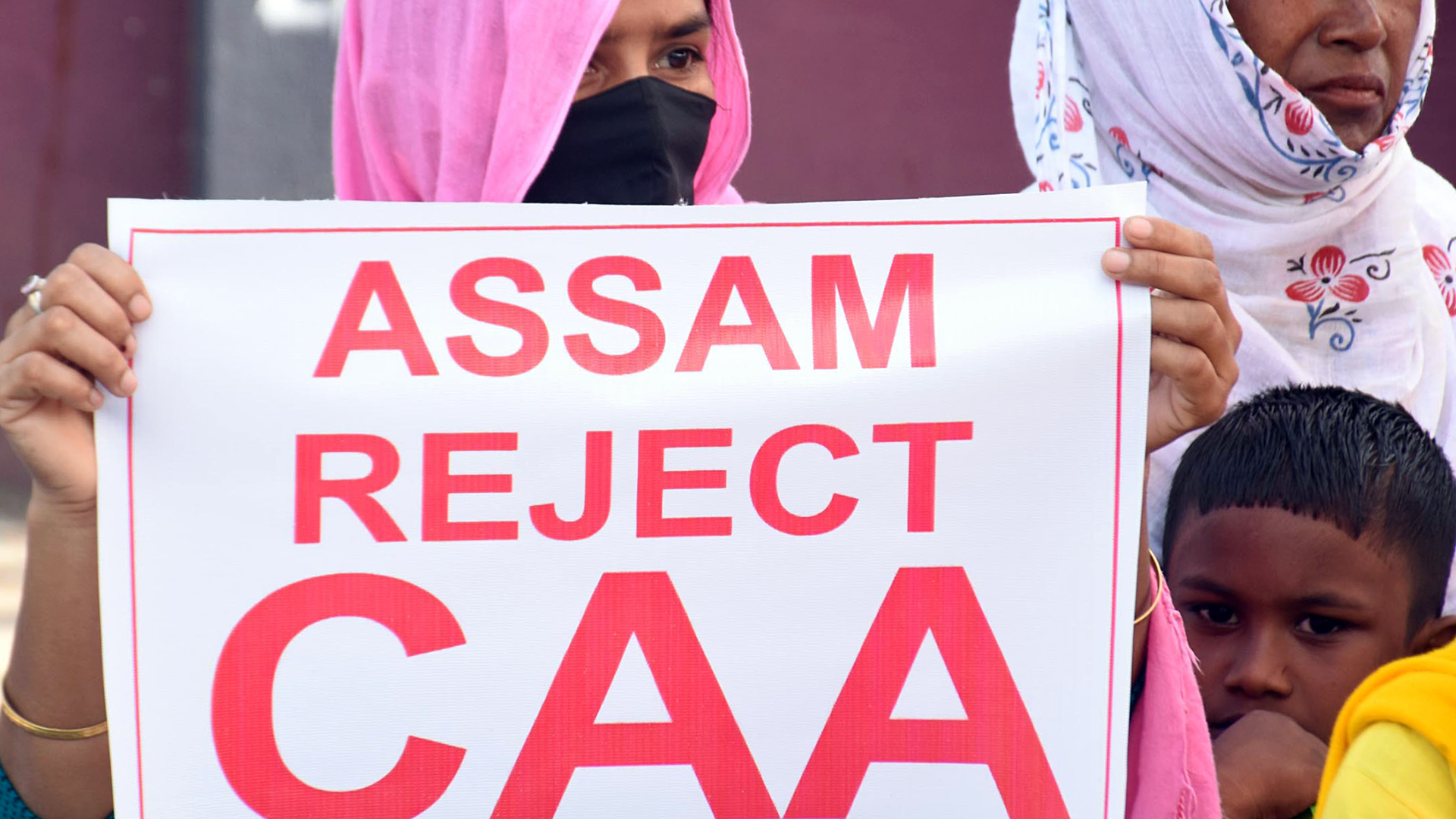Debabrata Saikia, the Leader of Opposition in the Assam Legislative Assembly, has filed an Interlocutory Application (IA) with the Supreme Court, challenging the Citizenship Amendment Act (CAA) and the associated Rules issued by the Ministry of Home Affairs. In the IA, Saikia asserts that both the Act and the Rules, by introducing religion and country-based classifications, fail the “manifest arbitrariness” test established in Shayara Bano v. Union of India (2017) 9 SCC 1.
According to Saikia, the Rules violate Article 14 of the Constitution, which guarantees equality to all individuals, irrespective of their citizenship status. He argues that differentiation based on religious grounds, especially in matters related to citizenship, is unconstitutional.
Furthermore, Saikia contends that the Rules for the Citizenship Amendment Act contradict Clause 6 of the Assam Accord by granting citizenship to non-Muslim illegal migrants who entered India from Afghanistan, Bangladesh, and Pakistan before December 31, 2014. He expresses concern that this could adversely impact the delicate ethnicity and socio-economic fabric of the state of Assam.
In his IA, Saikia calls for a stay on the implementation of the Rules, stating, “…it is respectfully submitted that since the impugned Act was enacted in 2019 and not implemented for the past four and a half years, no prejudice will be caused if its implementation is deferred till the final decision of this Honourable Court in the present Writ Petition.”
The Union Home Ministry had recently notified the rules for the implementation of the Citizenship Amendment Act on Monday evening, just days before the announcement of the Lok Sabha elections schedule. The Act is designed to grant Indian citizenship to persecuted non-Muslim migrants, including Hindus, Sikhs, Jains, Buddhists, Parsis, and Christians, who migrated from Bangladesh, Pakistan, and Afghanistan and arrived in India before December 31, 2014.























